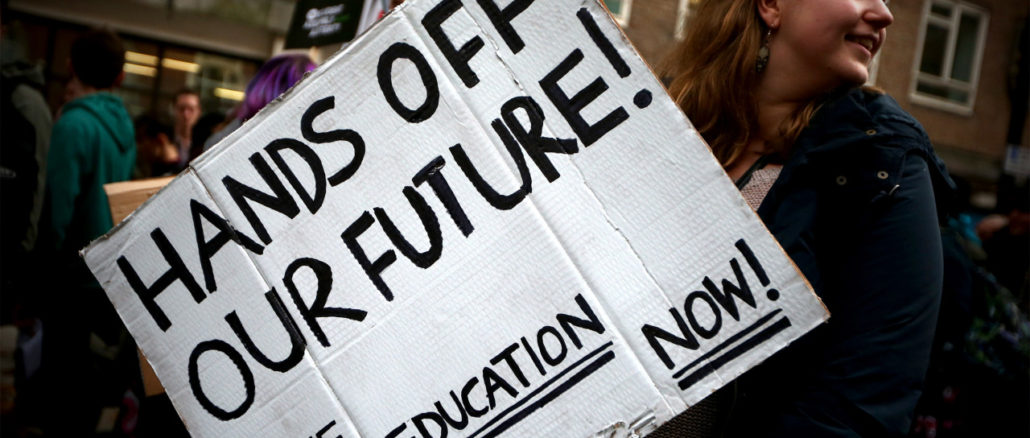
Tensions are running high in DIT with the threat of legal action as a trans-activist, Toryn Glavin, accused Boni Odoemene, a candidate running in the DIT SU presidential race, of transphobia and homophobia.
While the bitter controversy is based on hearsay, it’s a reminder to students of the role they have in social progress.
Campuses are designed to be a place for free speech, for students to grapple with social issues before they reach the wider world. Many students are being confronted with issues such as equality, sexuality and clashes of beliefs and cultures. It’s a time when we are exposed to new ideas and norms and emotions run high, but students have the time and surroundings to foster a sense of communication.
Students for generations have been vanguards for social issues. Following the two wars and the discrimination towards the black community, the youth were dissatisfied with the world they inherited in the 1960s.
In 1968, Columbia University students began a non-violent occupation of campus buildings that lasted nearly a week. Students and community supporters called for the university to cut its ties to research for the war in Vietnam and to end construction of a gym in Morningside Park. After negotiations failed, the administration sent in the police, injuring many and arresting over 700, triggering a campus-wide strike that shut down the university. However the students’ demands were met as the gym wasn’t built in the area and the college cut its ties in the Vietnam War.

In Paris in 1968, students protested against capitalism, consumerism and traditional institutions, values and order. It then spread to factories with strikes involving 11 million workers, more than 22 per cent of the total population of France at the time, for two continuous weeks. It was the largest general strike ever attempted in France.
Campus activism has long been a means for students to personalise, contextualise and make sense of what it means to pursue social change.
Last year, Emma Sulkowicz, a student at Columbia, pledged to carry a mattress on campus to protest the school’s refusal to expel her alleged rapist. Soon, hundreds of her classmates joined her, as did those at 130 other college campuses nationwide.

Following the shooting of 18-year-old black student, Michael Brown, by a white Ferguson police officer in 2014, students at the University of Chicago held a social-media campaign to raise awareness about institutional intolerance. A “Hands Up Don’t Shoot” walkout was staged by hundreds of Seattle teenagers. Some 600 students lay down in the middle of traffic in December for four and a half hours; the amount of time Michael Brown’s body was left in the street after being shot. Students at numerous other colleges did the same.
Today we see groups such as ‘students against fees’ who tackle one of the biggest issues of our generation. We also see students demanding a referendum on repealing the 8th Amendment. Students are the largest group in the country that want a referendum on the issue. We also see campaigns such as UCD’s ‘slut walk’ where hundreds of UCD students came together to take a stand against sexual harassment.

It’s important for us as students to raise concerns over issues close to us, especially as our own SU elections are taking place. We need to bring more light than heat to these conversations and foster a place of discussion on campus. Universities provide us with much more than classes and assignments and have a primary role providing us with a place to grapple with social issues before we enter wider society. As students we can start our political participation in society now.
By Catherine Devine

Leave a Reply